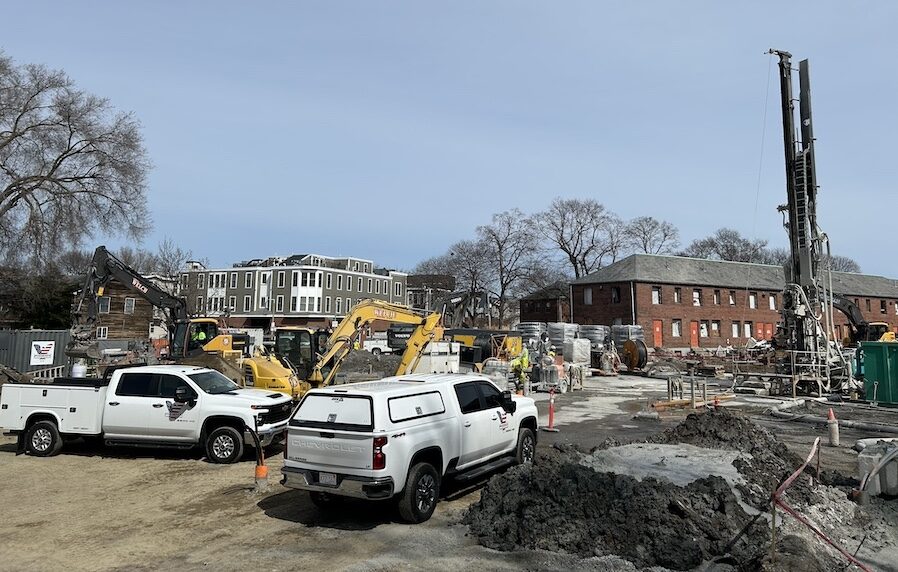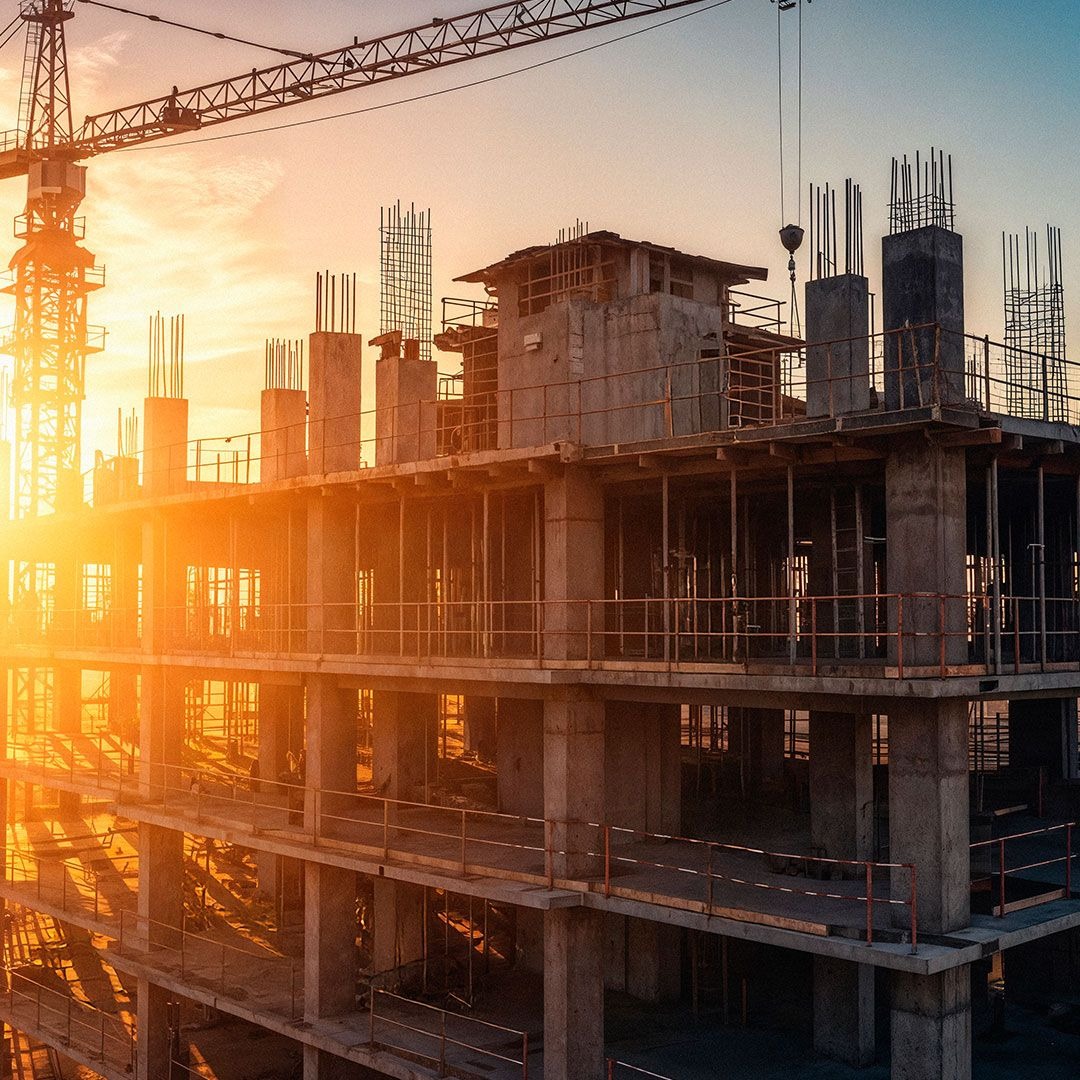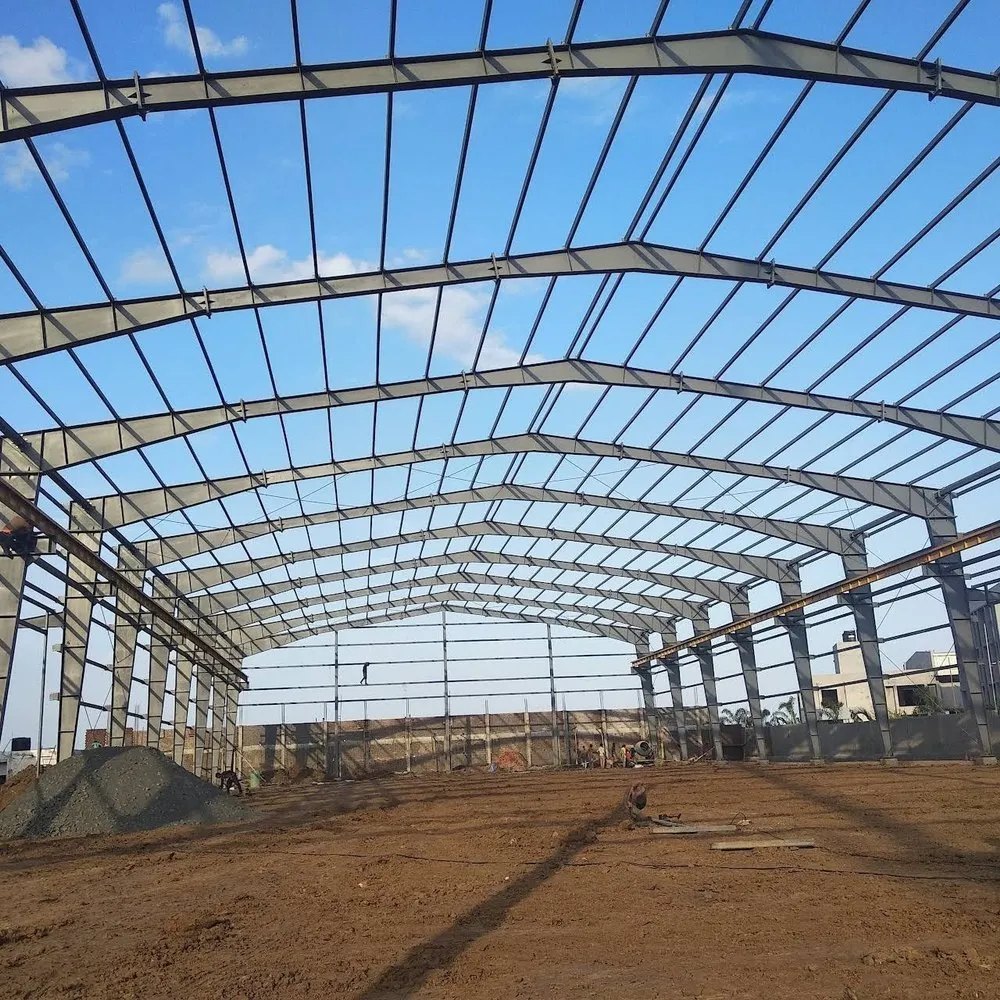
Northeast US Geothermal Energy Projects Forge Ahead as States See Value

Four years after becoming two of seven states to pass legislation allowing regulated utilities to develop geothermal energy network pilot projects with a goal of utility-scale clean energy delivery, Massachusetts and New York are advancing several projects, with signs they will gain Trump administration acceptance despite their launch using incentives from Biden-era funding progrfams.
“Future projects are in jeopardy due to the administration’s cuts to environmental justice communities and the Justice 40 initiative, the administration’s push for rural natural gas pipelines, and the resurgence of coal promotion, which has extended coal mine operations an additional 16 years,” says Brock Yordy, co-founder of the Geothermal Drillers Association.
Nevertheless, 13 states, including Massachusetts and New York, are still considering pilot projects or backing legislation that would allow gas utilities to develop networked geothermal heating and cooling systems, according to HEET a Boston-based nonprofit climate solutions incubator.
Andrew Iliff, HEET policy director, says a 2024 Massachusetts’s law enqbled gas utilities to provide customers with thermal energy. “Permitting for local geothermal heating and cooling projects like schools, town halls and housing developments is a well-established process and not typically a source of delays or obstacles,” he says
Even the threat of President Donald Trump’s executive order seeking to block enforcement of state laws passed to reduce use of fossil fuel has not altered HEET’s optimism. Secretary of Energy Chris Wright is “a big fan of geothermal energy,” Illiff says.
A recent report by the US Dept. of Energy’s Oak Ridge National Laboratory found that widespread deployment of geothermal heat pumps in the U.S. could bring up to $1 trillion in cumulative savings, reducing the wholesale price of electricity by up to 12%. “Geothermal energy can absolutely deliver the affordable and reliable domestic energy supply this administration is seeking, so we remain hopeful for its growth trajectory,” it says.
Utility Passachusetts layers
Last year, Massachusetts utility Eversource launched a first-in-the nation utility-led geothermal network in Framingham, Mass. The largely successful pilot project is now attracting global requests for geothermal guidance. The project received a $7.8 million Dept. of Energy grant to support a second phase that would begin construction in 2026 and launch by early 2027, says Sarah Paduano, Eversource spokeswoman.
“Our proposed expansion would approximately double the capacity of the system by adding additional residential, commercial, and Framingham Housing Authority customers to the shared network, using the backup route from the initial pilot,” she says.
Earlier this year, the Boston Housing Authority joined with National Grid, to launch what would be the nation’s second utility-led networked geothermal energy pilot project. The pilot project is for Franklin Field, an authority affordable housing community for some 400 families, “is a critical test ground for the idea of utility business model modernization for greater energy security, resilience and affordability,” says. a spokesperson.
The pilot, including seven buildings with 129 family units, began design in early 2024 and is set for completion by year end with construction starting later this year. Residential units will be heated and cooled by a Vertical Stack water source heat pump served by the horizontal geothermal loop and a thermal bore field that allows the system to extract and deliver heat from the ground.
The authority will manage all work within the connected buildings’ envelope to convert them from natural gas heating to networked geothermal heating and cooling. It will also install a pumphouse on its property to operate the designated building’s geothermal network.
The authority is working with Springfield, Mass.-based Dietz & Co. Architects to design interior updates, including electrical upgrades, energy efficiency improvements and ventilation, Wool says. That includes basement insulation, added interior insulation, energy recovery ventilation, roof and window replacement and electrical panel upgrades.
The authority is still assessing the limited population of geothermal drillers and cost impacts from potential supply chain disruption from tariffs on this complex capital project. “Despite the challenges, the valuable technology is critically important to deploy,” Wool says.
Noise pollution is also a major hurdle for project teams to overcome when winning over neighbors near proposed projects. Boston’s Environmental Dept. has been working with Boston Public Schools to determine if the John F. Kennedy Elementary School is a good choice for geothermal heating and cooling.
Bore hole drilling of test wells for the $15 million proposed project last summer disrupted residents living near the school. The residents claim noise often rose above the city limit of 70 decibels. Additional drilling will resume this summer when the team is expected to introduce more noise mitigation.
Mixing it up
The housing agency is also incorporating geothermal energy in the second oldest public housing project in South Boston. Collaborating with property management firm WinnCompanies, it started the first phase of the $776 million, 3,300-unit mixed-income and mixed-use Mary Ellen McCormack public housing redevelopment.
Boston general contractor Lee Kennedy Co. is building the project in a joint venture with Atlanta, Ga.-based H.J. Russell & Co.
Crews will install all electric systems and the authority’s first joint geothermal energy system with ground source pumps for heating and cooling for the passive house certified project set for completion in 2033. Douglas, Mass.-based Phoenix Foundation Co. started borehole drilling for the project in January. Crews have six of 22 bore holes left to drill. The team is using closed loop geothermal boreholes with air rotary down-the-hole hammer drilling technique for the vertical drill hole portion of the work, says Mike Fleming, a superintendent at Phoenix Foundation.
While a range of Massachusetts libraries and other universities in various stages of planning geothermal projects, the University of Massachusetts Amherst has begun borehole drilling for a geothermal project, Yordy says, and University of Massachusett’s Boston campus plans to use seawater heat pumps in its decarbonization plan.
New York Steams
New York has proposed 11 geothermal network pilot projects to date. Among those in the regulatory pipeline are Con Edison, with three pilots in New York City, National Fuel Gas in Buffalo and Central Hudson in Poughkeepsie.
The University at Albany also announced a $30 million decarbonization project as part of State University of New York’s push to reduce its carbon footprint across the state. The project will replace two gas-fired absorption chillers in the 1960s-era central power plant with a high-efficiency electric centrifugal chiller and a heat recovery chiller connected to a new geothermal well field in the where crews have begun drilling geothermal test wells.
Post a Comment
You must be logged in to post a comment.





